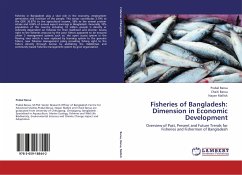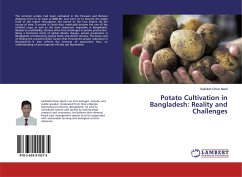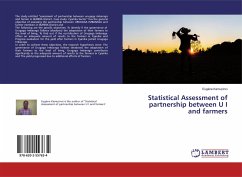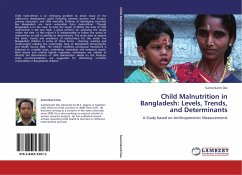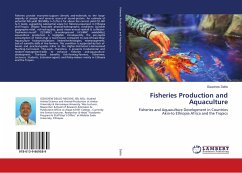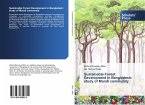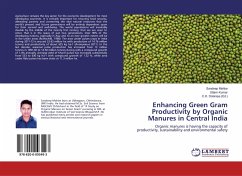Fisheries in Bangladesh play a vital role in the economy, employment generation and nutrition of the people. This sector contributes 3.74% to the GDP, 20.87% to the agricultural income, 58% to the animal protein intake and 4.04% of annual export earnings in Bangladesh. Generally, 10% population of the country including 10 million people is directly or indirectly dependent on fisheries for their livelihood and income. Access right to the fisheries resource by the poor fishers appeared to be ensured under 3 management systems such as: the open access system in the flowing river which is now replaced by licensing system to the genuine fishers, new fisheries management policy providing fishing right to the fishers directly through license by abolishing the middleman and community based fisheries management system by govt organization
Bitte wählen Sie Ihr Anliegen aus.
Rechnungen
Retourenschein anfordern
Bestellstatus
Storno

